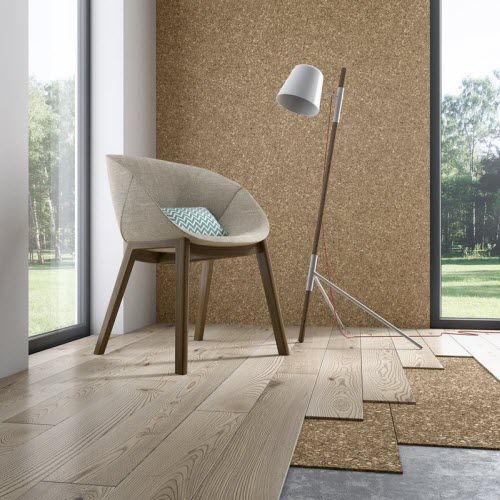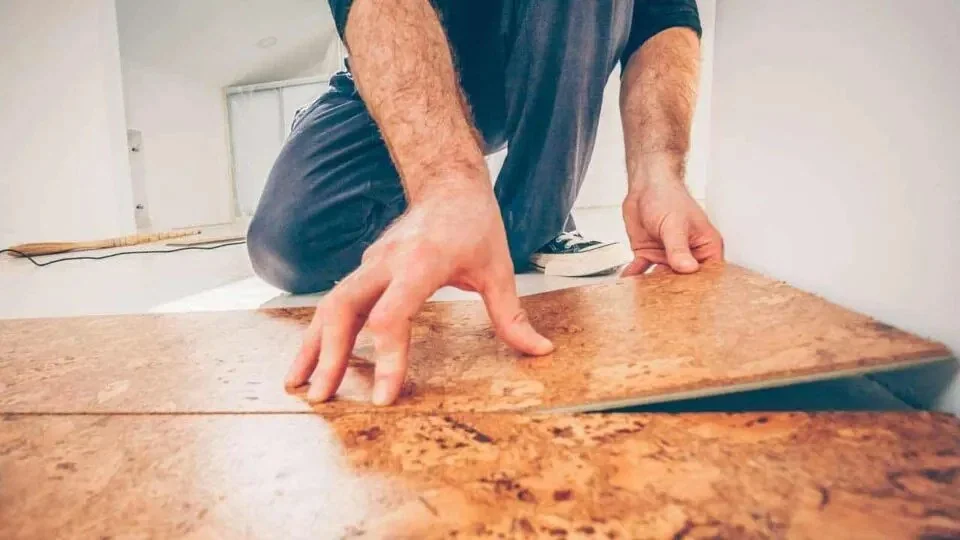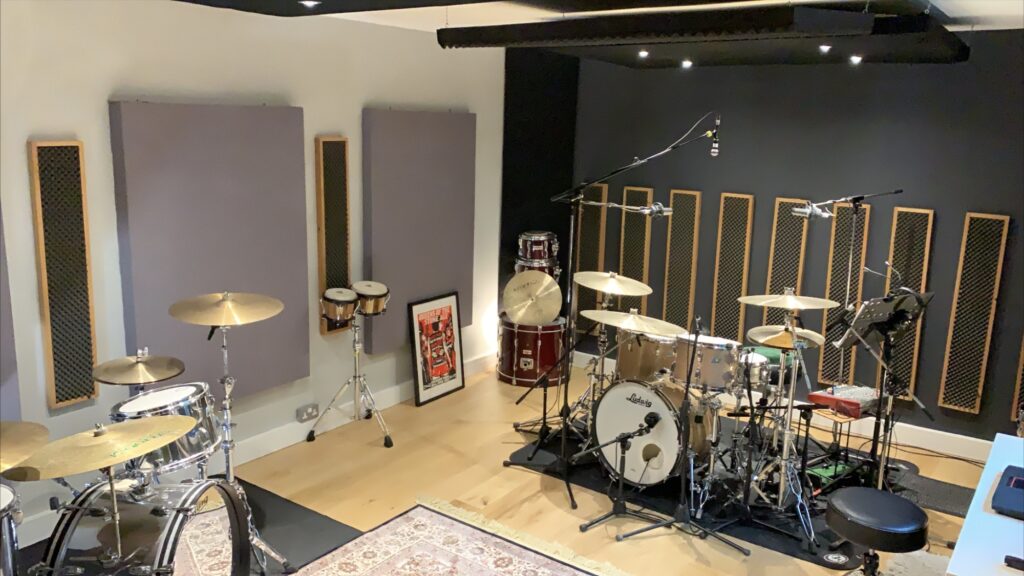In the quest for peace and tranquility within our homes and workplaces, soundproofing has become an increasingly important consideration. Whether it’s blocking out noisy neighbors, dampening echoes in large spaces, or creating a serene environment for focus and relaxation, the choice of soundproofing material is crucial. Among the plethora of options available, cork stands out as a versatile and eco-friendly solution. In this article, we’ll delve into the benefits of using cork for soundproofing and address some common questions about its effectiveness and application.
Benefits of Using Cork for Soundproofing:

Natural Sound Absorption:
Cork possesses remarkable acoustic properties that make it an excellent soundproofing material. Its cellular structure traps sound waves, preventing them from bouncing around and causing echoes. When used as flooring, wall panels, or ceiling tiles, cork absorbs and dampens sound effectively, creating a quieter environment.
Versatility:
Cork can be used in various forms for soundproofing applications. From cork sheets and rolls to cork tiles and panels, there’s a wide range of options to suit different needs and preferences. It can be installed on walls, floors, ceilings, and even incorporated into furniture and fixtures, offering flexibility in design and application.
Thermal Insulation:
In addition to its acoustic properties, cork also provides thermal insulation. This dual functionality enhances its value as a soundproofing material, as it helps maintain comfortable indoor temperatures while reducing noise transmission. Whether it’s winter cold or summer heat, cork contributes to energy efficiency and overall comfort.
Environmentally Friendly:
Cork is a sustainable and renewable resource, harvested from the bark of cork oak trees. Unlike many synthetic soundproofing materials that are derived from fossil fuels and non-renewable resources, cork production is eco-friendly and has minimal impact on the environment. Additionally, cork forests play a vital role in biodiversity conservation and carbon sequestration.
Durable and Long-lasting:
Cork is highly durable and resilient, capable of withstanding heavy foot traffic and prolonged use. Unlike some other soundproofing materials that may degrade over time or require frequent replacement, cork maintains its integrity and effectiveness for years, offering long-term acoustic benefits.
Hypoallergenic and Anti-microbial:
Cork is naturally resistant to mold, mildew, and pests, making it a hygienic choice for soundproofing in residential and commercial settings. Its anti-microbial properties inhibit the growth of bacteria and allergens, promoting a healthier indoor environment, especially for individuals with respiratory conditions or allergies.
Conclusion:
In the pursuit of creating acoustically comfortable environments, cork emerges as a sustainable, versatile, and effective soundproofing solution. Its natural properties make it an attractive choice for both residential and commercial applications, offering benefits beyond noise reduction, such as thermal insulation and hypoallergenic qualities. As awareness of environmental sustainability and indoor comfort continues to grow, cork’s popularity as a soundproofing material is likely to increase, providing enduring benefits for occupants and the planet alike.
FAQs:
Is cork effective for blocking out external noise?
Cork is excellent at absorbing and dampening sound, which helps reduce the transmission of external noise into interior spaces. However, its effectiveness may vary depending on factors such as thickness, installation method, and the specific noise sources involved.
Can cork be installed in wet areas like bathrooms or kitchens?
While cork is naturally resistant to moisture, it’s not recommended for use in areas prone to standing water or high humidity, such as bathrooms or kitchens. However, there are specially treated cork products designed for such environments.
How does cork compare to other soundproofing materials like foam or fiberglass?
Cork offers several advantages over materials like foam or fiberglass. It’s more environmentally friendly, provides thermal insulation, and has natural anti-microbial properties. Additionally, cork tends to have a more aesthetically pleasing appearance and can be integrated into interior design more seamlessly.
Can cork soundproofing be combined with other materials for enhanced effectiveness?
Yes, cork can be used in conjunction with other soundproofing materials to achieve optimal results. Combining cork with dense materials like mass-loaded vinyl or acoustic foam can create a multi-layered barrier that effectively blocks noise transmission.




